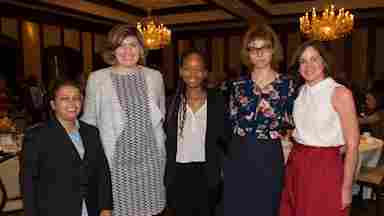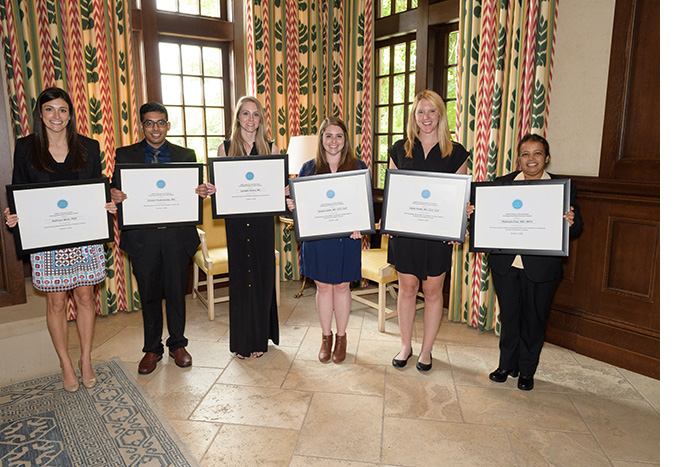2017 Friends of BrainHealth Award Recipients

Center for BrainHealth
Share this article
Erin Venza, MS, CCC-SLP
Head of Clinical Operations
Related Information


Center for BrainHealth
Share this article
Erin Venza, MS, CCC-SLP
Head of Clinical Operations
